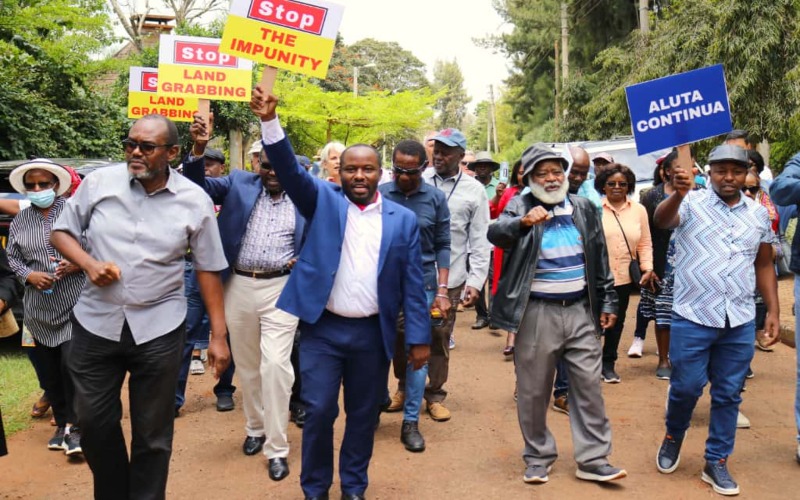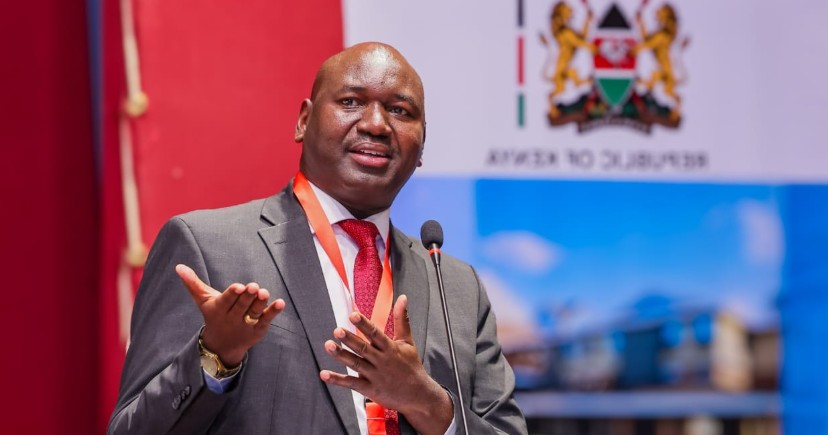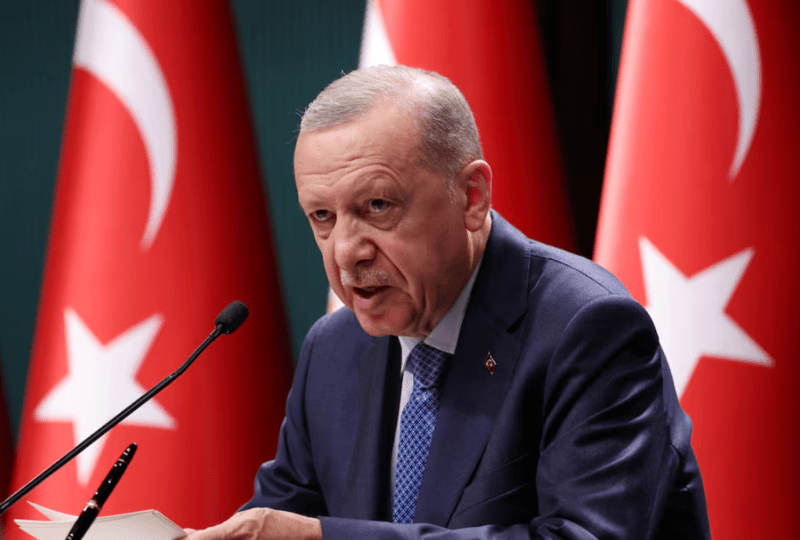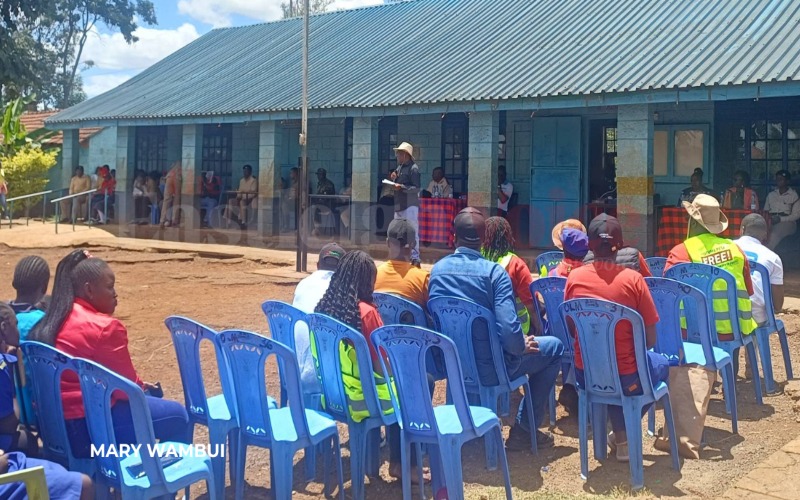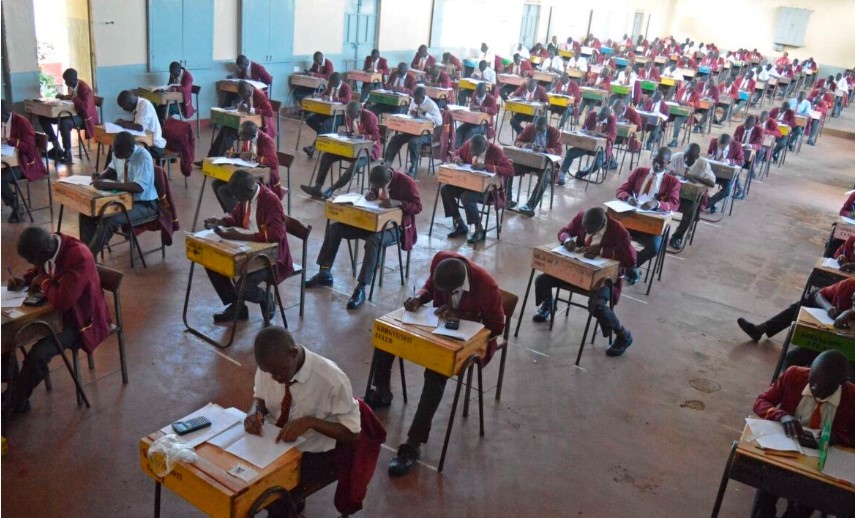Supreme Court warns political leaders that undermining IEBC threatens 2027 polls integrity
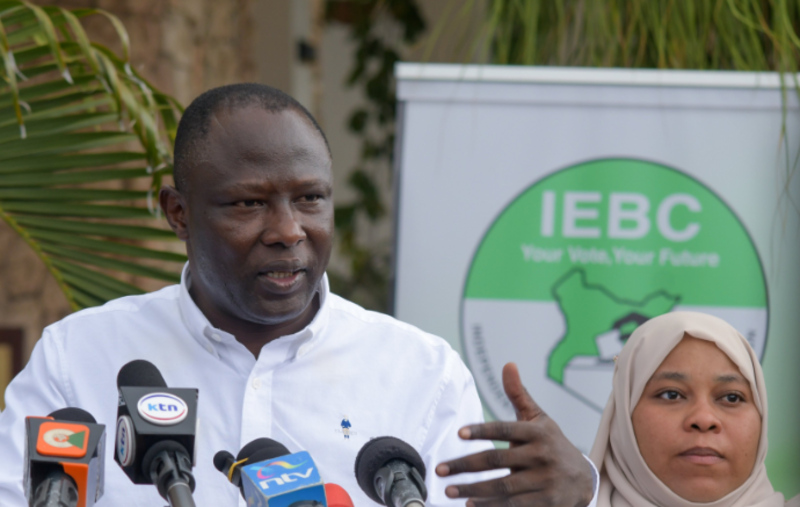
In a recent advisory opinion, the Supreme Court urged political actors to avoid pursuing short-term gains that compromise institutional independence and instead focus on enhancing accountability and transparency in election management.
Political leaders have been warned against undermining the authority of the Independent Electoral and Boundaries Commission (IEBC), with the Supreme Court stressing that attempts to weaken the commission threaten public confidence in the impartiality and integrity of electoral processes.
In a recent advisory opinion, the court urged political actors to avoid pursuing short-term gains that compromise institutional independence and instead focus on enhancing accountability and transparency in election management.
More To Read
- IEBC clears candidates, opens campaigns for November by-elections
- Voter registration in Mombasa marred by weak network, slow biometric systems
- IEBC seeks UN backing to strengthen electoral systems ahead of 2027 polls
- Data Commissioner Immaculate Kassait updates parliament on electoral compliance
- Voter sues IEBC over suspension of registration in Embakasi North
- UN assesses Kenya’s election readiness as government promises integrity in 2027 polls
The seven-judge bench reflected on Kenya’s long-standing trust deficit in its electoral processes, tracing the problem from the Kriegler Commission findings after the 2007–2008 post-election crisis to the litigation surrounding the 2022 presidential petition.
“This deficit did not occur by accident; rather, it is the product of decades of politicisation of the electoral process, relentless attacks on the Commission’s independence, and a failure to implement electoral reforms in good time and in good faith,” the judges ruled.
The Court cautioned that political leaders who undermine the IEBC for short-term political gain weaken the very institutions they are constitutionally obliged to protect. Leaders, it said, should instead address structural weaknesses, enhance accountability, and reinforce public confidence in the commission’s impartiality and competence.
Boundary delimitation
The Supreme Court further highlighted that the IEBC cannot carry out the crucial process of delimiting electoral boundaries without commissioners.
Delivering its advisory opinion in Reference No. E004 of 2024, the court stated that boundary delimitation is a constitutional function reserved strictly for commissioners under Article 88(4)(c) of the Constitution and cannot be delegated to the Secretariat.
While acknowledging the Secretariat’s role in supporting the Commission, the judges emphasised that it lacks authority to perform constitutional functions such as reviewing boundaries.
“We are similarly constrained to find that, prior to the Commission first considering and applying its mind to the matter, particularly in light of the ongoing legislative intervention pending at the Senate, this Court lacks any basis upon which to assess or evaluate the propriety or validity of any decision, or failure to decide, on its part. As we have repeatedly stated, this Court does not engage in hypothetical determinations,” they ruled.
Lapsed timelines
On lapsed timelines under Article 89(2) and (3), the Court noted that delimitation is normally conducted every 8 to 12 years and must be completed at least 12 months before a general election. However, extraordinary circumstances, such as prolonged vacancies of commissioners, may justify an extension.
The Court clarified that only Parliament—through a constitutional amendment or a resolution aligned with the National Dialogue Committee’s (NADCO) recommendations—can extend these timelines.
“It follows therefore, that the question of whether the IEBC can lawfully undertake a review of constituency and ward boundaries after the expiration of the timelines set out in Articles 89(2) and 89(3) of the Constitution, read together with Section 26 of the County Governments Act, is one that only a duly constituted Commission, comprising the Chairperson and other Commissioners, can bring to this court to determine,” the Court said.
The Court also rejected the Attorney General’s objection that the IEBC lacked capacity to bring the reference while not fully constituted, finding that the Secretariat, as custodian of the Commission’s daily operations, was entitled to seek guidance on urgent constitutional matters.
Finally, the Supreme Court emphasised the principle of equality of the vote, warning that failing to review electoral boundaries in line with population growth risks undermining fair representation and the integrity of the 2027 General Election.
Top Stories Today




